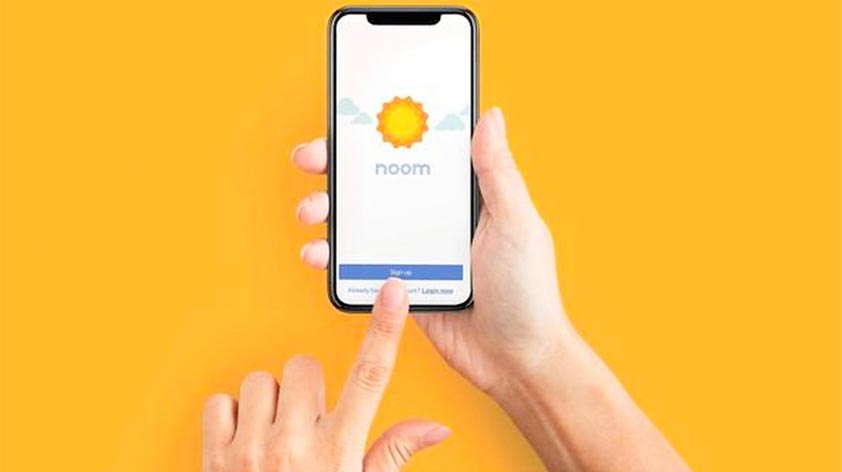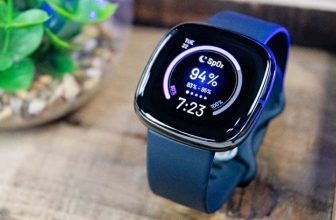
Founded in 2008, the New York-based tech startup, Noom, has been going from strength to strength in the ‘diet app’ marketplace. With a long-term focus on sustainable and healthy lifestyle changes informed by psychological research, Noom aims to improve client health from the inside out. It’s not just about waistlines and weigh-ins; this service is an all-encompassing lifestyle coach in the palm of your hand. The question is: Can Noom help improve YOUR quality of life? Let’s find out in Noom: The Diet App with a Psychological Focus…
A Psychological Focus?
Like many of its competitors, Noom offers the standard information and practical guidance on food, nutrition and exercise. Obviously, these are crucial factors in any quest for health and/or weight loss—and Noom’s ‘traffic light’ system does, thankfully, avoid demonizing any food type—but they’re hardly revolutionary concepts. Where Noom really shines brighter than its peers comes as part of the service’s psychological focus.
Regular CBT Sessions with Health Professionals
Offering users regular sessions with health professionals who specialise in cognitive behavioural therapy (CBT), Noom treats users as individuals and helps them identify the psychological cause of their unhealthy habits. From there, the user, aided by the coach and Noom’s various resources, can work towards breaking down those unhealthy habits and building up healthy ones.
CBT is an effective, widely respected style of therapy used to break down unhealthy or irrational thought processes in sufferers of anxiety, OCD, PTSD and more. The fact that Noom provides coaches trained in CBT speaks volumes about the service’s approach to fostering positive lifestyle changes. It’s not just weekly CBT sessions that demonstrate this either: Noom asks users to regularly read bite-sized, actionable articles on behavioural psychology and how it relates to their health journey. Personal reflection and mental soundness is at the core of Noom as a lifestyle guide.
User Reports
Reviews and testimonials reflect how well the staples of typical diet apps combine with Noom’s philosophy of positive reinforcement, self-reflection and behavioural psychology. Users report not only significant weight loss, but also noticeable improvements in energy levels, strength and overall attitudes around food.
Noom appears to succeed where other apps fail, and significant medical bodies are noticing. In a 2016 study published in the British Medical Journal (BMJ), researchers found that participants, after completing a full 24 weeks on it, lost an average of 7.5% of their entire body weight.
Noom: First Virtual Provider of the Diabetes Prevention Program (DPP)
Additionally, in 2017 (thanks, in part, due to the aforementioned study) Noom became the first virtual provider of the Diabetes Prevention Program (DPP) to be officially recognised by the CDC. Essentially, this means that the CDC recognised it as being capable of halting the onset of diabetes in prediabetic patients—not bad for something you can download off the app store.
Accountability or Coaching Works – Delivering it is a Problem
There is some gloom with Noom, unfortunately. For best results, it’s agreed that users should dive ‘head-first’ into everything it has to offer. That means group sessions, reflections, weekly meetings and a whole ‘Noom community’. For some lifestyles and personalities, this isn’t appealing or even possible. Emotional investment isn’t essential for success with Noom, but it clearly helps.
Speaking of investments, Noom isn’t free; it’s not even particularly cheap. The most cost-effective subscription—a year’s membership—will set you back $199 (£161) If that sounds uncomfortable, best not think about the monthly subscription which, over the course of a year, will set you back (brace yourself) a teeth-clenching $708 (£574). Granted, there’s a lot packed in with that subscription, but still, $708 is a rather big number.









